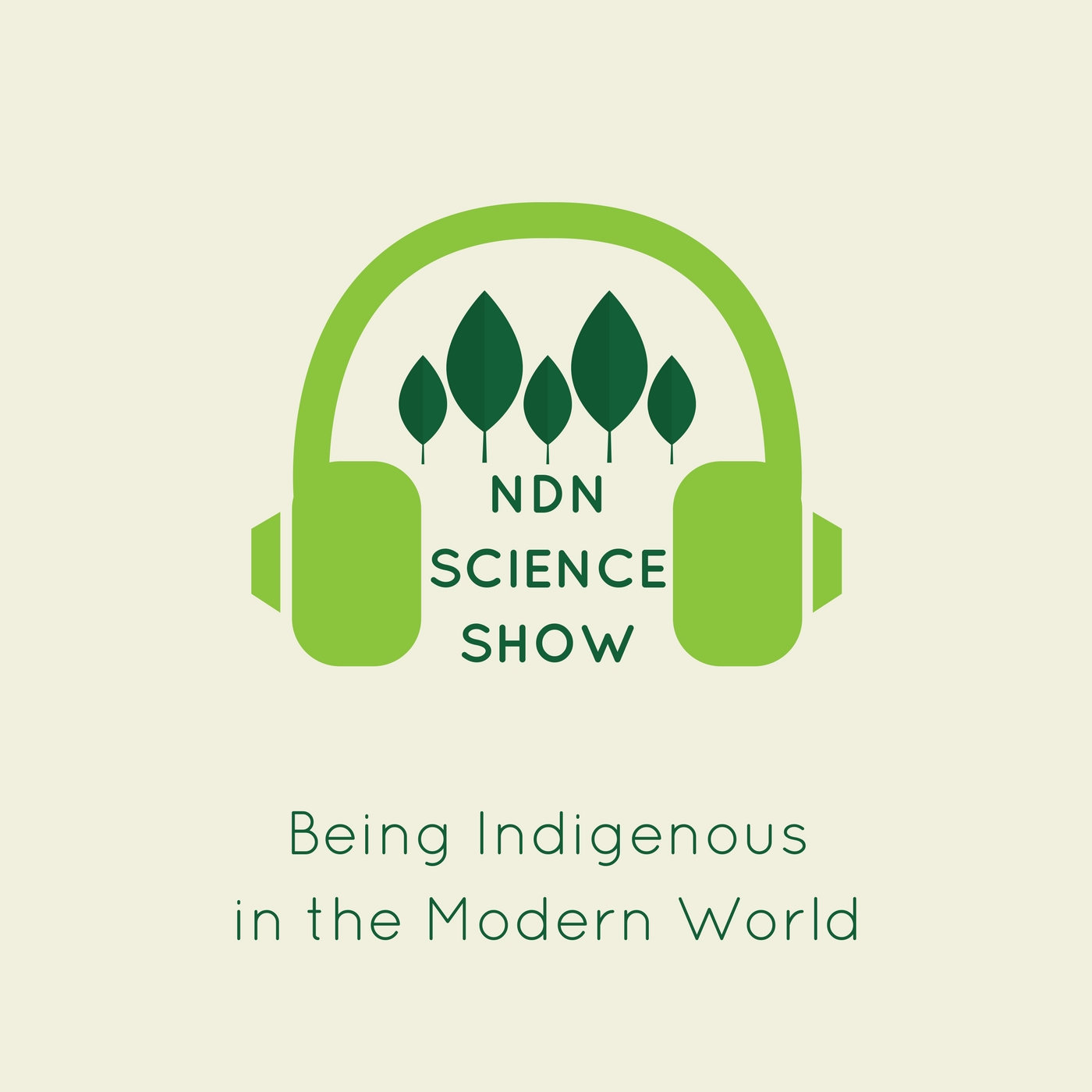Anna Whiting-Sorrell was the first woman teacher's assistant for the Political Science Department at the University of Montana, she has a master's degree in Public Administration, and she's the first political scientist we've had on the show. She's served her community as the director of Montana's Department of Public Health and Human Services... and she's also Annie's mom. In this episode of the NDN Science Show, Anna and Annie have a conversation about how we as Indigenous people need to heal our historic traumas and make sure we have a seat at the table where natives can defend natives. Anna believes deeply that Indigenous people need to tell their own stories. Enjoy!
Here are some of the main ideas in this episode:
- Anna's childhood and how alcoholism affected her siblings
- Her perspective on gender roles in the modern world
- The long road to getting her education and her work in politics
- Cultural appropriation, being a 'token Indin', and walking in two worlds
- The importance of having Indigenous voices in politics
- Anna's 3 Tips for being Indigenous in the modern world
~
Like this show? Leave us a review here... even one sentence helps! And if you leave your Twitter handle we'll be sure to thank you personally.

We're back! And thank you so much for all of the support over the past year while we've been reorganizing, reenergizing, and generally getting...

We're back! In this episode, we go over some updates and where the podcast is heading. ~ Like this show? Leave us a review...

He's a fellow GIS nerd, future chief of his people, and currently working on studying coastal land loss to help those that are most...